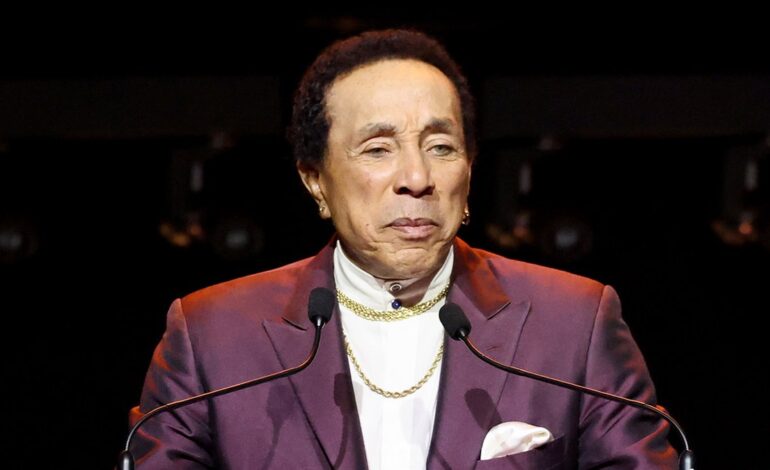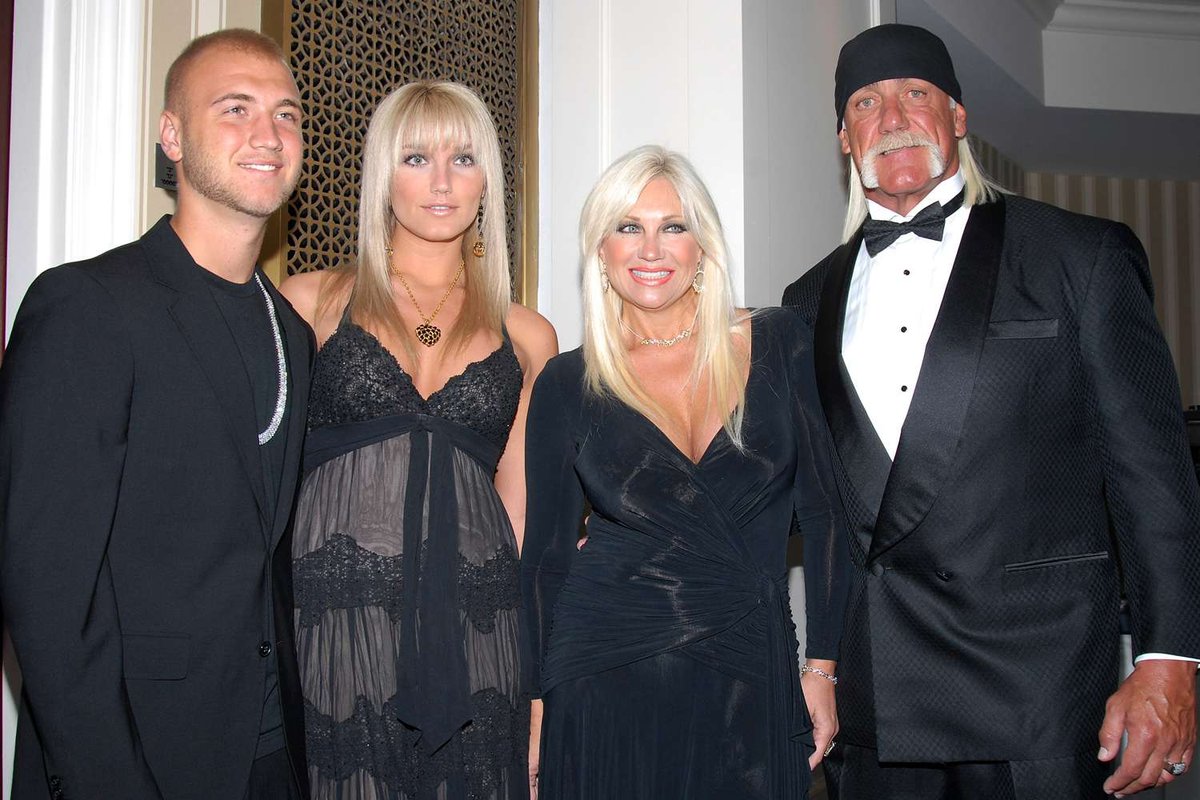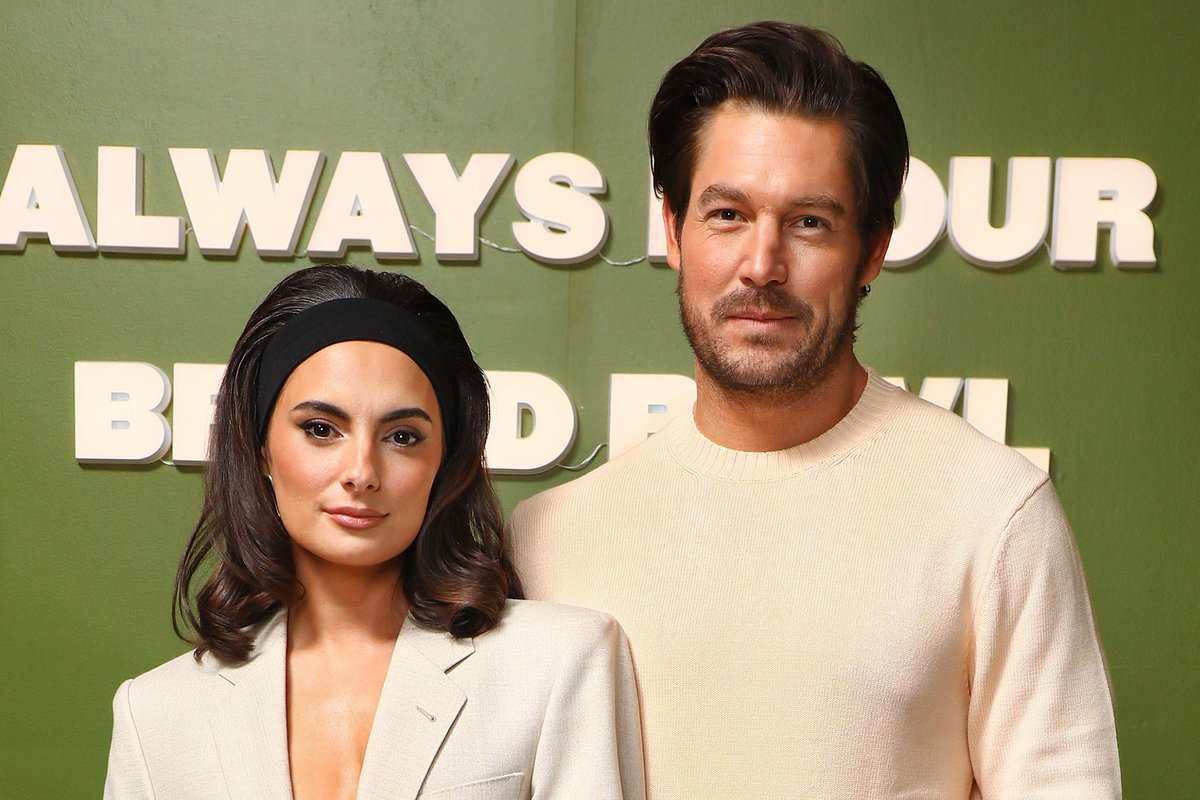Inside the LA Sheriff’s Sexual Assault Probe into Smokey Robinson

Objective analysis, rigorous fact–checking—and a spotlight on what we actually know about the Los Angeles County Sheriff’s Department opening a sexual assault investigation into music legend Smokey Robinson. According to public records filed on June 15, the LA sheriff confirmed a formal inquiry after a woman came forward alleging an incident in late April at a private Hollywood event. The complaint, obtained via a Freedom of Information Act request by Variety, claims the plaintiff reported the alleged encounter to the sheriff’s special victims unit on June 1. Law enforcement sources tell People Magazine the case remains “active but early,” with investigators interviewing event staff and reviewing security footage from the venue. Robinson’s legal team promptly issued a statement to The Hollywood Reporter on June 16, calling the allegations “unfounded” and vowing full cooperation, while Robinson himself denied any wrongdoing through his representative.
A closer look at the timeline shows a two-week gap between the alleged incident’s date and the formal report—an interval that legal experts say is not uncommon in civil cases of this nature. Professor Jane Thompson of UCLA’s School of Law observes that memory consolidation and personal reflection often delay reporting. Meanwhile, veteran criminal-defense attorney Mark Radnor told the LA Times that the sheriff’s office will need corroborative evidence—such as digital forensics or third-party testimonies—to advance beyond preliminary interviews. Both sides appear poised for a protracted legal battle: the plaintiff has secured high-profile counsel known for aggressive pursuit of civil damages, while Robinson’s team has lined up character witnesses from the music industry.
Public reaction illustrates a shifting cultural landscape: social-media sentiment on Twitter and Instagram ranges from steadfast support for Robinson’s decades-long legacy to calls for due process and transparency. Streaming data from Nielsen Music indicates a modest uptick in Robinson’s catalog listens since news broke—suggesting that controversy can paradoxically drive interest even amid reputational risk. Meanwhile, Lily Chen of the Annenberg Public Policy Center notes a 12 percent increase in Google searches for “Smokey Robinson allegations” within 24 hours of the sheriff’s confirmation.
At this stage, no charges have been filed, and the sheriff’s office has not set a timetable for closing the investigation. If prosecutors decide to bring formal counts, they must do so within the three-year statute of limitations that applies to misdemeanor and certain felony sexual-assault offenses in California. Legal scholars emphasize that public figures often face a dual front—criminal and civil—and the outcome in one arena can heavily influence the other. Until authorities release an official update, the balance rests between respect for due process and demand for accountability. That wraps up today’s analysis—more updates will follow as details emerge.
Sources: Celebrity Storm and People Magazine, Variety, The Hollywood Reporter, Los Angeles Times
Attribution: Amy Sussman (Creative Commons)




